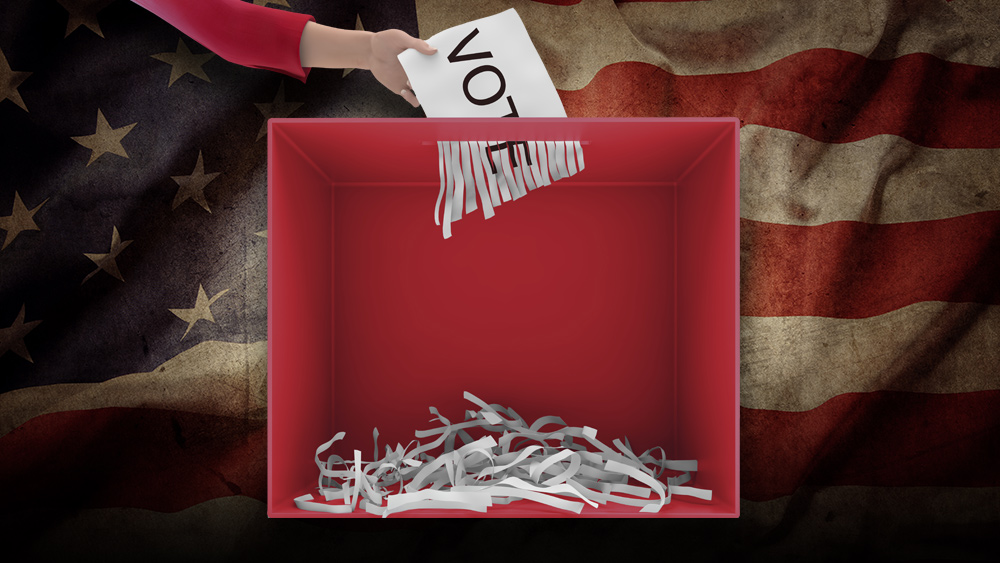Nevada in 2020 is a prime example of how vote fraud can influence the outcome of an election
As Election Day approaches, many Americans are understandably concerned about the integrity of the voting process, particularly when you consider all the irregularities that took place four years ago. Although hinting that the election may have been “stolen” is often all it takes to get censored on social media, the fact that so many flagrant examples of voter fraud took place is actually a matter of official record. As we get ready to head to the polls, let’s keep in mind what happened in 2020.
A good place to start is Nevada, where more than 130,000 questionable votes were counted. It was an extremely tight race, with Biden ultimately edging out Trump by 50.06% versus 47.67%. But the most worrying part is that Biden took the state by roughly 33,600 votes. This means things could have turned out far differently if the state had been paying more attention to irregularities.
For example, a Senate hearing on voter irregularities revealed that more than 42,000 individuals voted more than once in Nevada. This figure came from comparing the list of actual voters to others who have the same name, date of birth and address.
In addition, they found that more than 1,500 dead Nevadans somehow managed to come back to life and cast their ballot on Election Day, according to a comparison of a list of voters to social security death records. A further 19,000 individuals voted despite not living in the state nor attending college there. This shocking figure was reached by comparing voter lists with sources such as the U.S. Postal Service’s national change of address database.
As if that weren’t concerning enough, they also found that 15,000 votes were cast from vacant or commercial addresses, according to an analysis that flags nonresidential addresses and those that sit vacant for longer than 90 days. Meanwhile, an additional 8,000 individuals voted from nonexistent addresses in the state.
All told, the number of unique instances of voter fraud that they identified in Nevada exceeded 130,000. However, according to Trump campaign attorney Jesse Binnall, the real number is likely to be much higher.
“Our data scientists made these calculations not by estimations or statistical sampling, but by analyzing and comparing the list of actual voters with other lists, most of which are publicly available. To put it simply, they explained their methods so that others could check their work. Our evidence has never been refuted, only ignored,” he noted.
Voter fraud is rampant throughout the country
There are numerous examples of voter fraud throughout the country. In one recent example in May, a Milwaukee election official was sentenced to a year of probation, 120 hours of community service and a fine of $3,000 after being convicted of obtaining fake absentee ballots.
According to prosecutors, 47-year-old Kimberly Zapata used her work-issued laptop while serving as the Milwaukee Election Commission’s deputy director to obtain three military absentee ballots with fake names and Social Security numbers.
Unfortunately, there are so many different ways that those with bad intentions can manipulate the vote, from false registrations to duplicate voting and the fraudulent use of absentee ballots. Illegal votes can and do affect the outcomes of elections, but sadly, these instances are often not prosecuted, compromising one of the most basic civil rights for all Americans: the right to vote in a free and fair election.
Sources for this article include:
X.com
OCPAThink.org
APNews.com
Read full article here


